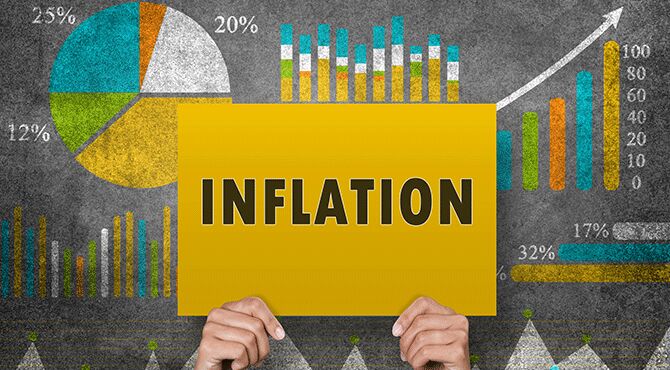UK inflation below target for first time in two years
The UK inflation rate falls below 2 per cent target to 1.8 per cent helping to ease the cost of living for households and improve consumer confidence in advance of Brexit.

 13 February 2019
13 February 2019Inflation falls to 1.8 per cent
Data from the Office for National Statistics (ONS) showed a surprisingly large drop in the rate, which had stood at 2.1 per cent in December and which economists had been predicting would decline to only two per cent in January. The Consumer Prices Index (CPI) had reached a high of 3.1 per cent in November 2017.Mike Hardie, head of inflation at the ONS, said, "The fall in inflation is due mainly to cheaper gas, electricity and petrol, partly offset by rising ferry ticket prices and air fares falling more slowly than this time last year."House prices continued to grow, albeit at the lowest UK annual rate since July 2013 with growth in the North East and London lagging behind Northern Ireland, Wales and the West Midlands."Fall in inflation due to lower gas, electricity and petrol prices
The CPIH - the ONS's preferred measure of inflation, which also includes owner-occupiers' housing costs - also stood at 1.8 per cent, down from two per cent the previous month. This compares with the latest data on wages, which recorded annual growth of 3.1 per cent.Kate Smith, head of pensions at Aegon, commented, "With the latest wage growth figures showing a positive trend, the gap between earnings and inflation continues to widen and households will feel an ease in the cost of living."In the period of real wage growth, individuals should find themselves in a strong financial position to set out financial goals and those who can afford to save any additional income should be encouraged to do so."Positive wage growth helps to ease cost of living
Tej Parikh, senior economist at the Institute of Directors, described the data as a boon for the economy at a time when Brexit was causing so much uncertainty amid growing signs of a global downturn."For the past two years, households have been squeezed between high prices and weak wage growth," he said. "With inflation now at a two-year low and growing upward momentum in pay packets, consumers are likely to feel less of a pinch on their wallets."This easing in the cost of living should provide some uplift for the High Street just as consumer confidence appears to be waning."Inflation news helps to negotiate Brexit uncertainty
EY Item Club economist Howard Archer, chief economic adviser at the EY Item Club, said the latest figures represented "pleasing" news for consumers."Lower inflation in January reinforces the recent improvement in consumer purchasing power following firmer earnings data," he said. "This is helpful news from an economy currently being buffeted by heightened Brexit uncertainties."Andrew Wishart, economist at Capital Economics, added, "We continue to think the Bank of England would press ahead with interest rate hikes if a Brexit deal is reached despite today's slip in inflation below target."But with inflation fairly well behaved, the Bank will also have the ability to support the economy by cutting interest rates if there were a no deal Brexit."Relocate’s new Global Mobility Toolkit provides free information, practical advice and support for HR, global mobility managers and global teams operating overseas. Access hundreds of global services and suppliers in our Online Directory
Access hundreds of global services and suppliers in our Online Directory Subscribe to Relocate Extra, our monthly newsletter, to get all of the international assignments and global mobility news.
Subscribe to Relocate Extra, our monthly newsletter, to get all of the international assignments and global mobility news.©2026 Re:locate magazine, published by Profile Locations, Spray Hill, Hastings Road, Lamberhurst, Kent TN3 8JB. All rights reserved. This publication (or any part thereof) may not be reproduced in any form without the prior written permission of Profile Locations. Profile Locations accepts no liability for the accuracy of the contents or any opinions expressed herein.






























